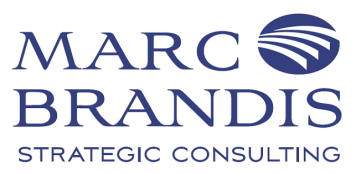Case Studies from Practice
Course description
The course is designed to provide students with an understanding of “real-life” challenges encountered in industry when applying information technology to their business. Students will learn how companies and their management think about information technology, how they evaluate and decide about its use, and how they address the various challenges that are often encountered in the application of information technology in practice. Such challenges include aligning information technology use with business strategy, innovating existing businesses with information technology or building up new businesses enabled by information technology, executing large scale information technology projects, hiring the right staff for projects, managing the transition from old IT systems to new technologies, complying with regulations and law, or protecting the business from cyber security threats.
As part of the course, students will learn methods used by leading management consultancy firms and by leading industry companies on how to analyse such business challenges and how to successfully communicate to management about them. They will apply the methods to a number of case studies from practice, presented by representatives of the companies having faced the challenges or by the lecturer, explore potential solutions to the challenges, present their findings in management-like settings, and engage in interactive discussions about the benefits and pitfalls of different solutions. The learnings and practice gathered throughout the course will equip students to more quickly participate in respective discussions in companies, influence business decisions, and thus accelerate information technology based innovation in their future workplace as they move from academia into practice.
The case studies illustrate the environment in different companies – from startups to large global enterprises, different job profiles – from software developer through company founder and top manager, and different perspectives – from external consultant or business partner to employee, manager or owner. The course thus also provides an overview of different working areas for computer science graduates, helping to take an informed decision on where to start the career after graduation.
Participating companies
The presented cases are actualized every year to ensure they represent the challenges companies face today and “state of the art” solutions. The following companies are confirmed to contribute to the cases this year, with further ones being confirmed as soon as possible.

• Developing an information-technology enabled product
• Innovating in an incumbent company

• Developing a customer-centric digital strategy
• Innovating in the interaction with customers
* Topic to be confirmed, might be changed
Course catalogue: 252-0820-00L
Course Hours
Lectures
• Monday, 13:00-15:00 CAB G51
Exercise
• Monday, 15:00-16:00 CAB G51
Course Materials: ILIAS document repository
Lecturer: external page Marc Brandis





